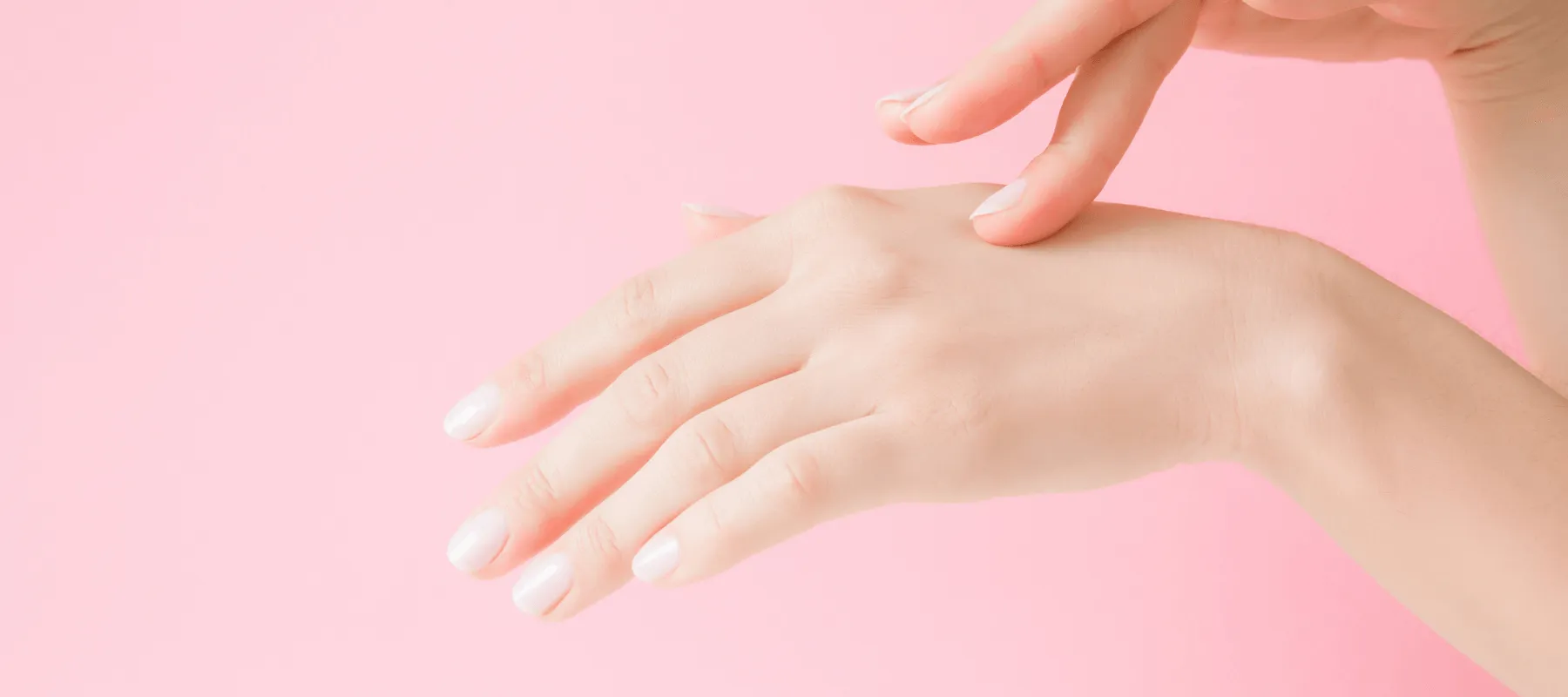January 27, 2021
8 Hidden Culprits Causing Your Dry Winter Skin


Dry winter skin is a common condition we become reacquainted with every time winter rolls around. However, dry skin does not have to be an expected part of the season any longer. Cold air and harsh weather are usually the first suspects for dry skin, but many culprits are often overlooked. This guide details the forgotten causes of dry skin and how you can solve them for radiant skin all year long.1) Cold Dry AirOf course, none of us can control the weather any time of the year, but there are things you can do when you live in a region with a colder climate. As the temperature drops, skin can become dry, flaky, and even red and irritated. It’s important to protect your skin with clothing in low temperatures and harsh weather. You should also use products that can protect and restore your natural skin barrier.
Solution: Humidifiers are a practical solution to add to your home to help counterbalance dry air exposure. Humidifiers work to increase the water content in the air, thus increasing the humidity. This can help your skin retain moisture while you sleep at night in particular. It can also help solve a dry throat or stuffy nose.
2) Hot Showers
As amazing as those scorching hot showers feel after a long day, they are actually doing more harm than good. Hot water can be harsh on your skin and hair—drying out both. The heat not only irritates your skin but can also remove essential oils in your hair and skin. Without these, your skin can dry out and lose its natural protection.
Solution: Stick to using warm water during showers to keep your skin and hair healthy. If you notice any redness or irritation after being in the shower, this likely means that your shower is too hot.
3) Laundry Detergent
Often, we are very picky about what products we put on our face and skin. We love products that are organic and have naturally derived ingredients. However, one of the last things people pay attention to is often the chemicals in their laundry detergent. Laundry detergents can even be the cause of rashes and skin irritation, such as contact dermatitis.
Solution: It is important to be mindful of the type of detergents and fabric softeners you are picking up at the store. For some people, they may find that their skin can handle most brands and ingredients. Others who suffer from dry skin, eczema, or other skin conditions should opt for products designed for sensitive skin. Often these products will have a simpler formula, with less irritating ingredients and fragrances.
4) Too Many Skincare Products
Sometimes less is more, especially when it comes to skincare. Every day, the beauty industry bombards us with a line of new products to try and beauty standards that must be solved with their latest product. As much as we want to do everything in our power to look and feel beautiful, using too many products can be detrimental to the skin. All the active ingredients can combine to cause painful irritation, redness, bumps, dry skin, and even acne.
Solution: Take time when building your skincare routine, and start simple. The worst thing you can do for your skin is to add multiple products at one time. When this happens, you can never be sure which items are causing your dry skin or irritation. Always begin with simple ingredients, recommended by dermatologists, when starting a skincare routine. Work in new products and actives gradually. Always be sure to patch test any new products before incorporating them into your routine.
5) Not Exfoliating Enough
Without exfoliation, layers of dead skin cells and oil accumulate. This creates not only the look and feel of rough skin but even causes clogged pores, which can lead to acne and other skin conditions.
Solution: Just as you may need to remove a product sometimes, in other instances adding products to your routine can be a great solution to dry or irritated skin. Exfoliating (physical or chemical) can help remove dead layers of skin, so skin appears smoother with an improved texture and tone.
Chemical and physical exfoliation can help remove this dead layer of skin for new cells to take their place. Chemical exfoliation refers to using products (chemicals) to activate this process. Typically, this includes using products with low doses of acids. In general, these low doses should not irritate the skin, but be sure to patch test and slowly introduce products to be sure.
6) Using the Wrong Type of Moisturizer
Moisturizing is the most obvious solution when one is dealing with dry skin. Moisturizing helps restore your skin’s natural barrier and prevents aging and future damage. However, there are actually many types of moisturizers that work in different ways. Not all moisturizers are beneficial for everyone, and some work better based on your skin type. The three main types are emollients, humectants, and occlusives.
Solution: A great moisturizer to use for dry winter skin is an occlusive. Occlusives work by actually helping your body retain the moisture it already has, acting as a physical barrier. These types are usually heavier oils, waxes, and balms. Some everyday examples include mineral oil and petroleum. These products are generally thick in consistency and stick to the skin. If the consistency doesn’t work for you during the daytime, it is a great idea to use these during the night to avoid losing skin moisture during sleep. Using these in combination with a humectant or emollient can be a great way to combat dry winter skin.
7) Internal Medical Conditions
When it comes to medical conditions and dry skin , people usually think of external presenting conditions like psoriasis, eczema, and dermatitis. However, other long-term health issues can also have dry skin as a symptom. Diabetes, hypothyroidism, and other conditions all can cause dry or irritated skin.
Solution: It is important to contact your doctor if you suspect a larger health concern could be causing your dry skin. Your doctor will be able to help you reach a diagnosis, prescribe any necessary medication, and come up with the best recommendation for your needs.
8) Not Drinking Enough Water
Water is not only necessary for our skin and body to function, but it makes up 50-70% of our body weight. Physicians recommend that an adult should drink between 2.7 and 3.7 liters a day, depending on weight, height, gender, and other factors. It is no surprise that many adults fail to drink enough water throughout the day. This not only can cause overall dehydration but can cause the skin to lose moisture, presenting fine lines and wrinkles.
Solution: Carrying around a measured water bottle can help remind you to drink enough water throughout the day. If you still struggle to remember to drink the recommended amount, there are hydration apps for smartphones that can send you digital reminders when to drink water and keep track of your daily intake.
If you have an interest in skincare and esthetics, PJ’s College of Cosmetology can help you establish a career. Enrollment advisors are standing by to answer any questions about cosmetology and esthetician courses. Call PJ’s at 800-62-SALON (72566) or request more information online.

Leave a Reply